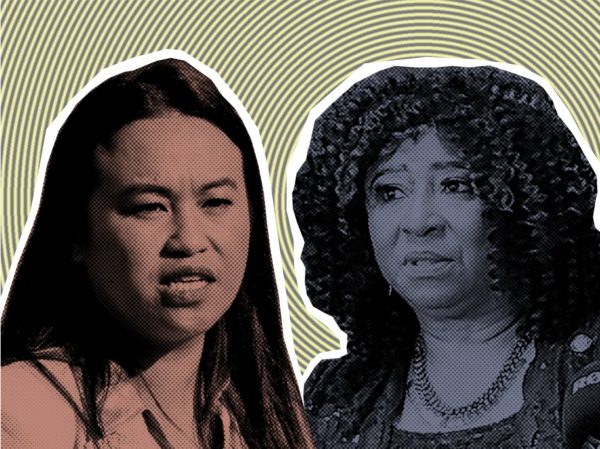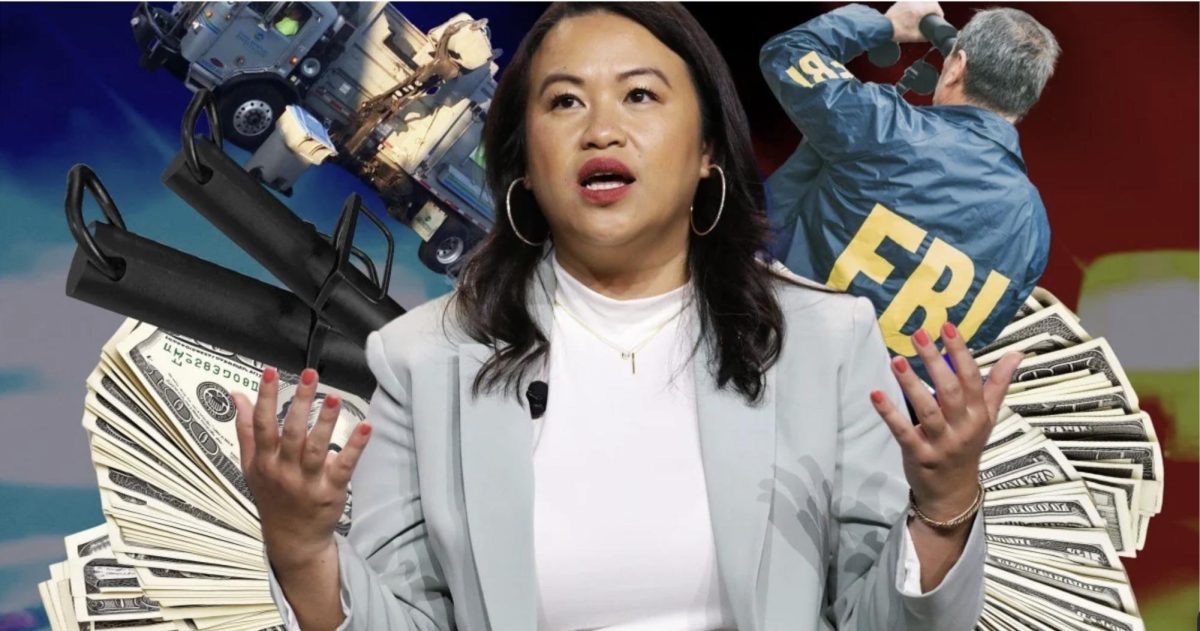The recent recall of Oakland Mayor Sheng Thao and Alameda County District Attorney Pamela Price highlights a pivotal shift in Asian American perspectives on public safety, driven by frustrations over progressive crime policies and rising violence targeting their communities.
Once dedicated supporters of progressive policies, many in the community now demand tougher approaches to address lingering concerns following a surge in anti-Asian hate crimes during the COVID-19 pandemic. With Asian Americans emerging as a significant voting group in the Bay Area, their frustrations reflect broader political trends and indicate a potential redirection of priorities in local governance.

Sheng Thao, Oakland’s first Hmong American mayor, and Pamela Price, Alameda County’s district attorney, both entered office in 2023 with promises of progressive reforms. Thao pledged to create a safer, cleaner, and more vibrant Oakland, while Price campaigned on ending mass incarceration and holding law enforcement accountable. However, their policies and leadership soon drew criticism, as crime and public safety moved to the forefront of concerns.
Thao faced backlash after dismantling the Oakland Police Department and missing critical deadlines for a grant to combat retail theft. According to The Oaklandside, Price was similarly criticized for putting limits on the use of sentencing enhancements, which are additional penalties that can greatly extend prison sentences. However, this decision led to the reduction of charges in high-profile cases, such as the gang-related shooting of a toddler, Jasper Wu.
These controversies coincided with the heightened crime concerns in the Bay Area. According to NBC News, “Violent crime across Alameda increased sharply between 2022 and 2023 with Oakland, its largest city, experiencing a 17% jump,” with 2024 rates still remaining above pre-pandemic levels.
Experts say that for many Asian Americans, the issues of crime and safety, following the increase in anti-Asian discrimination, felt personal. This sentiment is demonstrated by the 107% increase in the number of reported anti-Asian hate incidents during the pandemic, including verbal and physical abuse, being coughed at or spat on, and facing discrimination in the workplace.
Counties like Alameda and San Francisco, historically known for electing Democratic candidates, are now witnessing Asian Americans align more with policies prioritizing public safety.
Russell Jeung, co-founder of Stop AAPI Hate, noted that the visibility of violence against Asian Americans has pushed crime forward as an urgent issue. “If you are a victim of crime, and your family is a victim of crime, then that’s probably the most visceral ‘in-your-face’ election issue,” Jeung said.
This shift is not a phenomenon happening solely in the Bay Area, however. In the 2024 election, California voters supported Proposition 36, which reinforces stricter crime measures, and rejected policies like a ban on forced labor in prisons. Analyst James Zarsadiaz attributes part of this political shift to Asian Americans’ view on what governmental authority should look like, shaped by experiences in their home countries, where stricter governance is normalized.
 The recalls of Sheng Thao and Pamela Price indicate a significant moment of change and self-advocacy for the Asian American community in the Bay Area.
The recalls of Sheng Thao and Pamela Price indicate a significant moment of change and self-advocacy for the Asian American community in the Bay Area.
Fueled by personal experiences with crime and unmet expectations of leadership, Asian American votes demonstrate a collective demand for policies that prioritize public safety and accountability.
Whether through the support of progressive reforms or a shift toward tougher measures, the message from Asian American voters is clear: safety cannot be compromised.


